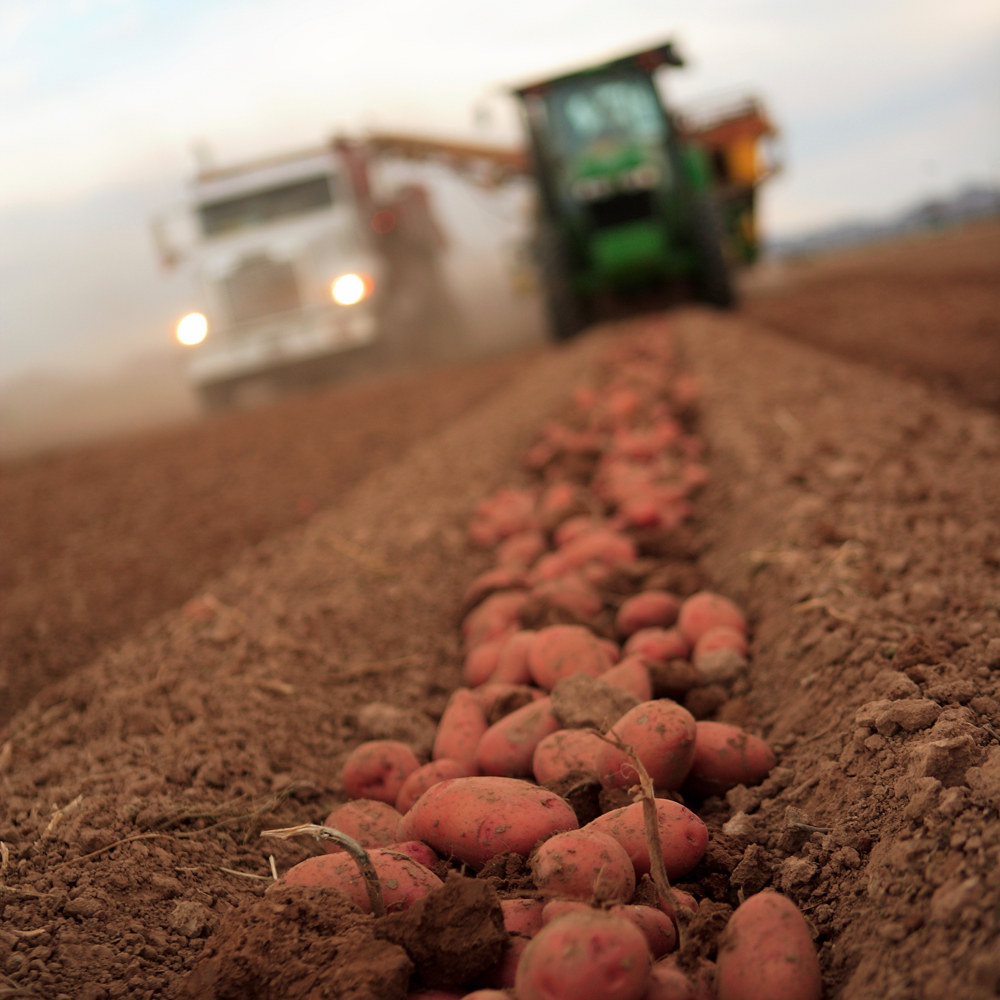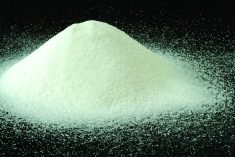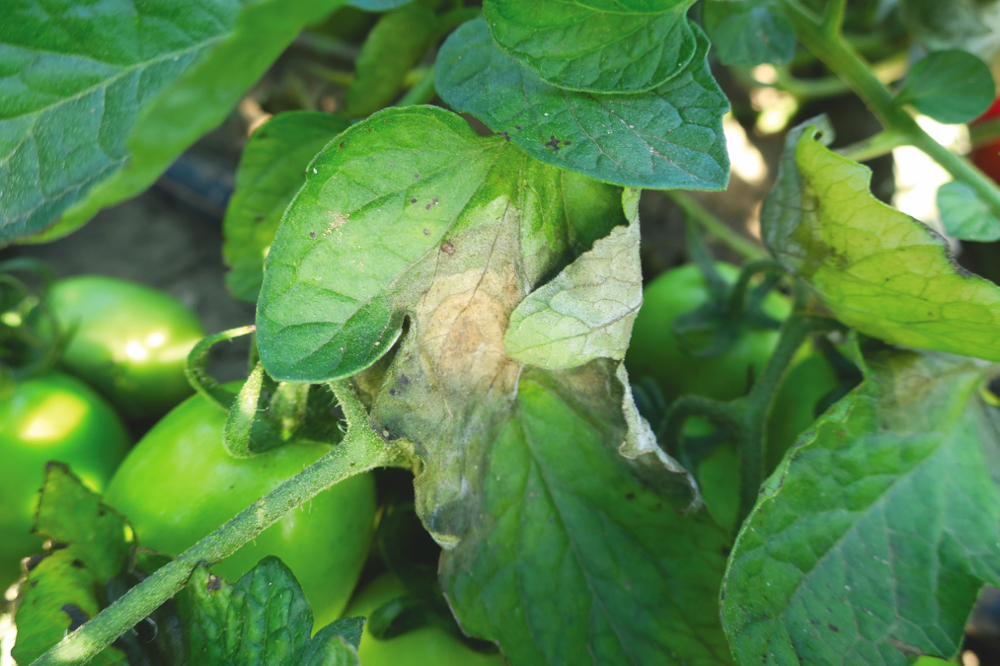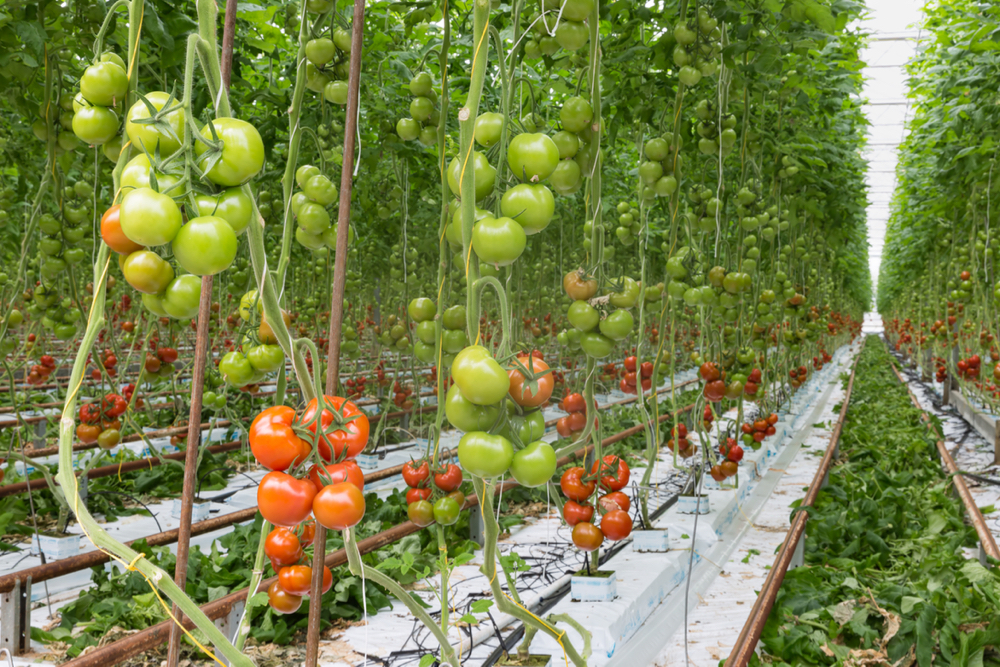With planting looming, contracts for processing tomatoes in Ontario’s far southwest are stalled due to the ongoing tariff dispute between Canada and the United States.
Why it matters: Processing tomato growers in southwestern Ontario typically finish planting by the end of the first week of May; they can’t wait much longer to firm up their 2025 contracts.
John Iacobelli, CEO and owner of Sun-Brite Foods in Ruthven, told Farmtario in late March that his company – the 50th largest tomato processor by tonnage in the world, and the only Canadian processor on tomatonews.com’s 2024 top 50 list – “should be contracting tomatoes with my growers in the next couple of weeks but we’ve put that on hold.”
Read Also

Claas brings 1000 Series SP forage harvesters to Canada
In mid-August, Claas unveiled its new line of Jaguar forage harvesters at an event in Visalia, California, deep in the heart of that state’s dairy region.
That’s because the tariff uncertainty means Iacobelli can’t predict how the brands of diced, crushed, sauce and paste tomatoes Sun-Brite owns – including Unico and Primo – will compete against U.S.-made competitors on grocery store shelves over the coming months.
If tariffs on steel and aluminum crossing both ways across the Canada/U.S. border continue, Sun-Brite’s cost of production could rise so sharply that consumers will reject having those costs passed on through the tomato value chain.
Iacobelli says the company first went on high alert when U.S. president Donald Trump announced 25 per cent tariffs on all steel and aluminum going into the U.S. from any country including Canada. Virtually all cans used for food processing in North America are manufactured in the U.S. but much of the raw steel and aluminum comes from Canada.
Continental Can used to make processing vegetable cans in Chatham, but moved the processing south of the border, leaving a warehouse in Ontario. One Quebec food processing company, meanwhile, began manufacturing cans in 2020 but its annual output is just 400,000 cans.
Sun-Brite typically buys about 200 million cans per year and, according to Iacobelli, “there’s no (can manufacturer) of any significance here in Canada that could handle anything like the capacity that our company needs.”
The bulk of Sun-Brite’s cans are imported from the U.S. between August and October to handle the company’s mainstay tomato business. But during the tomato off-season the canning lines are kept busy with chickpeas, lentils and a range of edible bean products.
So cans are currently being brought in from the U.S. and, when Trump’s tariffs hit on March 12, the cost of those cans rose.
The cost jumped even higher, though, when Canada’s ruling Liberals announced the following day “25 per cent reciprocal tariffs” on products containing steel and aluminum brought in from the U.S.
Iacobelli stresses no tariffs have yet been placed on finished products from food processors coming into Canada from the U.S. – even though they’re contained in cans made of steel and/or aluminum. The empty cans, meanwhile, are dinged for a duty.
A joint news release from three federal ministries (Finance and Intergovernmental Affairs; Foreign Affairs; and Innovation, Science and Industry) declared that “while we urge the U.S. administration to reconsider their decision to impose tariffs, Canada will remain firm in standing up for our jobs, our industries, and our workers.”
Iacobelli doesn’t see imposing reciprocal tariffs as “standing up” for the canning industry or its workers.
“I’ve been lobbying like crazy,” he added, as well as urging the farmers that his company normally contracts with to get hold of their MPs and any other decision-makers to express their concerns.
Eric Allaer is one of those growers making his voice heard as he ponders the 2025 tomato plantings on his Wallaceburg-area farm.
Allaer told Farmtario that the contract values have been set for processing vegetable crops, including the processing tomatoes and sweet corn that he grows for processors like Sun-Brite and Norterra. But the question will be just how much tonnage of crops the companies will need if they are at a competitive disadvantage compared to cans filled with processed crops imported from the U.S. tariff-free.
“We shouldn’t have any tariffs on cans at all,” Allaer argued.
Iacobelli agreed, estimating that if the tariffs remain in place – without any kind of mitigating measures undertaken by Canadian governments – his company’s annual cost for putting Ontario-grown foods into cans could increase by US$10 million.
“We don’t want any government adding to the cost of manufacturing in Canada. That’s the absolute worst thing that could happen.”
The Canadian government’s March 13 announcement explained that “steps to mitigate the impact of these countermeasures on Canadian workers and businesses (include) ensuring that its recently established remission process will consider requests for exceptional relief.”
“Under specific circumstances, remission allows for relief from the payment of tariffs, or the refund of tariffs already paid,” a related government website clarifies. “The government will consider requests for remission … to address situations where goods used as inputs cannot be sourced domestically, either on a national or regional basis, or reasonably from non-U.S. sources (and) to address, on a case-by-case basis, other exceptional circumstances that could have severe adverse impacts on the Canadian economy.”
The Sun-Brite CEO says the company can only realistically delay setting grower contracts until late April. With political parties wanting to appear open to the concerns of the public leading up to the April 28 federal election, he’s hopeful that a barrage of communication – both from food processors as well as producers and producer organizations – can help get the message through.
But despite a commitment for the “requests for remission” process, he’s not all that hopeful. The election call, he noted, has made it difficult to “get through to the right people.” Plus, “I’ve learned from the past that waiting for the government to realize that something needs to be done isn’t a good strategy.”
Trump’s initiation of the steel/aluminum dispute was met with dismay by the U.S.-based Can Manufacturer’s Institute (CMI), which stated in a March 12 news release that the tariffs “opens the door for cheaper canned foods to flood the U.S. market from China and other foreign competitors.”
“Aluminum and steel tariffs place price pressures on American-produced goods by artificially and dramatically increasing the cost of critical production materials,” the CMI news release continued, “making U.S.-made food less competitive against foreign products.”
So far, it seems, decision-makers both north and south of the border haven’t recognized that the tariff war represents a threat to either nation’s food sovereignty. Iacobelli believes this is because those decision-makers don’t grasp the repercussions of what is happening.
“The problem, I think, is that most of (the politicians) don’t understand what they did,” the Sun-Brite CEO concluded.















